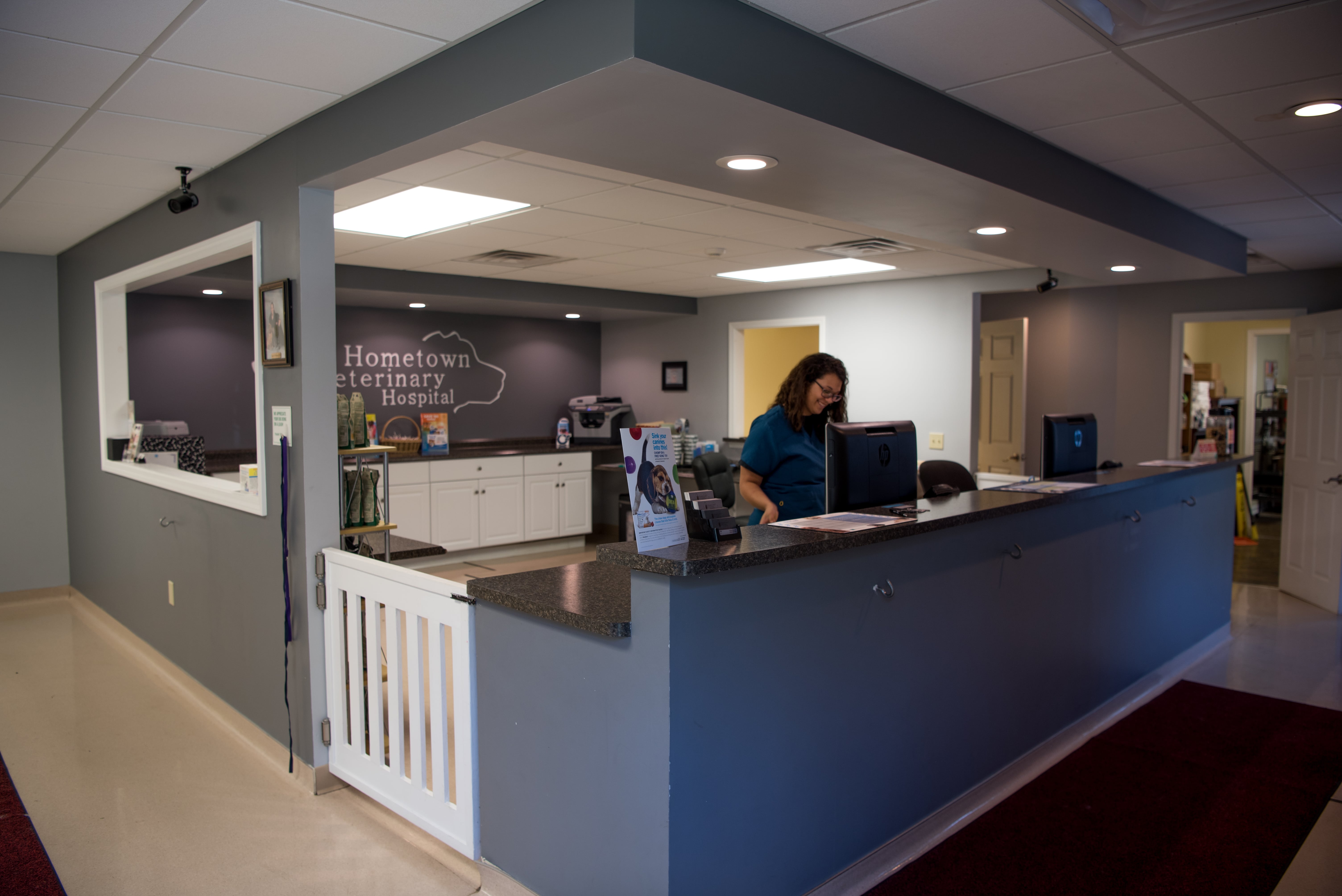Need for animal hospitals and veterinary clinics

Animal hospitals and veterinary clinics play an essential role to advertise and maintaining medical and well-being of animals. Their importance extends beyond simply treating sick animals; these facilities contribute significantly to public health, food safety, and the entire welfare of both pets and livestock. Below are a few key reasons highlighting the significance of animal hospitals and veterinary clinics:
Preventive Care:
Animal hospitals and veterinary clinics provide essential preventive care, including vaccinations, routine check-ups, and wellness exams. Preventive measures help identify and address potential medical issues before they become more serious.
Disease Control and Management:
Veterinarians in these facilities work to regulate and manage diseases among animals, avoiding the spread of infectious diseases and mitigating the risk of zoonotic diseases which can be transmitted to humans.
Emergency and Critical Care:

Animal hospitals are equipped to handle emergencies and provide critical care services for animals facing life-threatening situations. Quick and effective emergency care is essential in saving lives and minimizing suffering.
Surgery and Specialized Care:
Veterinary clinics and hospitals offer surgical procedures and specialized look after various conditions, including orthopedics, cardiology, dermatology, and oncology. This ensures that animals receive comprehensive and tailored treatment plans.
Diagnostic Services:
These facilities use advanced diagnostic tools, such as X-rays, blood tests, and imaging, to accurately identify and diagnose illnesses or injuries in animals. This supports the development of effective treatment strategies.
Dental Care:
Veterinary clinics provide dental services, including cleanings, extractions, and treatment for dental diseases. Dental hygiene is essential for maintaining overall health in animals.
https://www.inheartanimalhospital.com/ :
Animal hospitals offer reproductive services for breeding animals, including fertility evaluations, artificial insemination, and assistance during pregnancy and birthing.
Client Education:
Veterinarians educate owners and animal caretakers on proper nutrition, care, and preventive measures. Informed pet owners contribute to better animal health and welfare.
Research and Advancements:
Some veterinary clinics are involved in research to advance medical knowledge, improve treatment plans, and contribute to the development of new medications and procedures.
Animal Welfare:
These facilities play an integral role to advertise and ensuring the welfare of animals. They address cases of abuse, neglect, and cruelty, attempting to improve the overall living conditions of animals.
Community Health:
By controlling diseases in animals, animal hospitals donate to public health. Zoonotic diseases, and this can be transmitted from animals to humans, are better managed through veterinary interventions.
Food Safety:
Veterinary clinics and hospitals play a crucial role in ensuring the safety of the meals supply by monitoring and regulating the fitness of livestock. Healthy animals donate to safe and wholesome foods.
Environmental Health:
Veterinary professionals contribute to environmental health by addressing diseases that may affect both domestic and wildlife, maintaining ecosystem balance.
In conclusion, animal hospitals and veterinary clinics are essential for maintaining the health, welfare, and responsible management of animals. Their multifaceted roles encompass preventive care, disease control, emergency response, and specialized medical services, adding to a healthier and much more harmonious coexistence between animals and humans.
